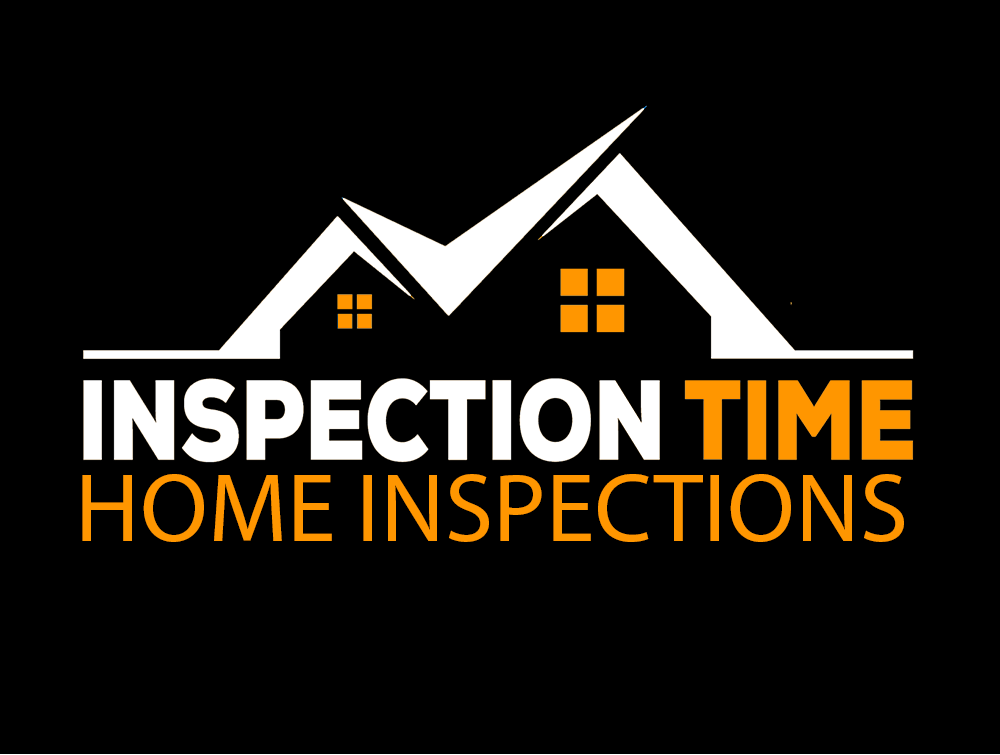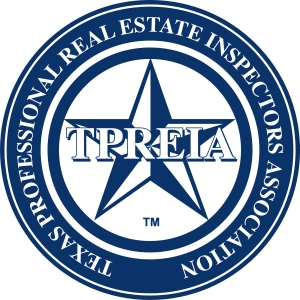A “pre-drywall” inspection is a critical phase within the homebuilding process that occurs after key elements such as doors, windows, foundation, flooring, wall and roof components, plumbing, and electrical rough-ins are in place, but just before the drywall is affixed. This inspection takes place during the construction phase and holds significance due to the fact that drywall can obscure important interior details. Identifying and rectifying issues becomes more challenging and costly once the home is fully completed.
To ensure that a house adheres to its intended specifications, a pre-drywall inspection is recommended. This inspection phase occurs right after the installation of essential elements like doors, windows, foundation, flooring, wall and roof components, plumbing, and electrical rough-ins, and right before the drywall is applied. This in-progress evaluation is particularly valuable as drywall can mask certain aspects of the interior, making problem detection and resolution complex and expensive once the home is entirely finished.
Performing a pre-drywall inspection post-installation of insulation is advantageous, as it enables the home inspector to assess the quality of insulation work. However, it’s important to note that just like drywall, insulation might also obscure certain components, presenting similar challenges for evaluation.







